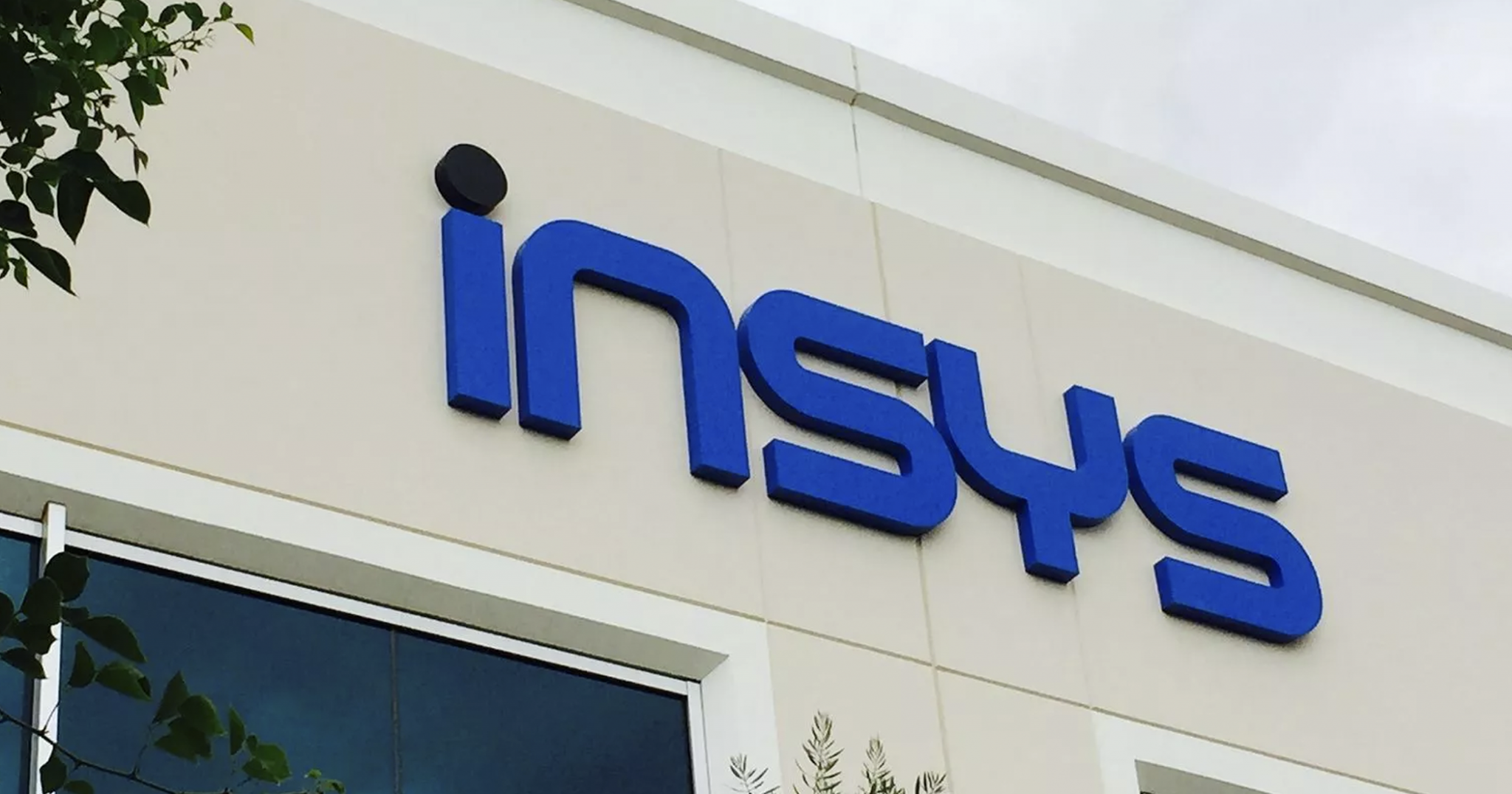On October 30, the DEA announced that Pharma company Insys Therapeutics filed in August for approval to manufacture “marihuana” and “Tetrahydrocannabinols” (THC) in bulk for “distribution to its customers.” The request has now been opened up for a public comment period until the end of the year.
The Arizona-based drug manufacturer’s interest in the cannabis business seems ironic, given its prior anti-legalization lobbying. But it makes perfect sense if you view suffering patients in purely financial terms.
Leading up to Arizona’s November 2016 vote on Prop 205, which would have legalized recreational cannabis in the state, Insys donated a record-breaking $500,000 to Arizonans for Responsible Drug Policy—a group opposing legalization.
The company’s motivations were apparent. In March 2017 the company received Federal Drug Administration (FDA) approval for Syndros, a potent cannabinoid drug containing dronabinol—a synthetic form of THC used as an appetite stimulant for people with AIDS, and as an anti-nausea treatment for people undergoing chemotherapy. (Syndros had initially been approved by the FDA in July 2016 for clinical treatment, but still awaited DEA scheduling.)
Legally available cannabis would clearly have impacted the profitability of Syndros. Yet, in defending its donation, Insys insisted that it opposed Prop 205 only because it cared so much about kids. Prop 205 “fails to protect the safety of Arizona’s citizens, and particularly its children,” the company told the Washington Post.
In some US states where marijuana is legal, a criminal record can prevent a person from getting a license to sell marijuana. But it seems that rule only applies to people, not companies. Insys Therapeutics has an eye-watering record of unethical behavior and resulting legal consequences.
A Sordid History With Subsys
Insys calls itself a “specialty” pharmaceutical company because until recently, it only had one branded product: Subsys, a powerful, fentanyl-based medication spray intended for cancer patients. The company may be trying to pivot to cannabis, but nearly 99 percent of its 2017 revenues still came from Subsys sales.
Just this month, the US Senate released a 20-page report with a 173-page appendix containing grotesque emails depicting the schemes Insys used to get doctors to prescribe higher and higher doses of Subsys. A typical email from National Sales Chief Alec Burlakoff, congratulating a salesperson for getting a doctor to prescribe Subsys, reads:
“Stephanie just made a yearly commission from this one patient in need of our cutting edge medication for BTCP [“breakthrough cancer pain”]…The physician has every intention of increasing the dose slowly but surely to 1200mcg in an effort to ensure the patient is being titrated effectively. Cha Ching again!”
“How does it serve the public interest to allow a pharmaceutical company to tie sales incentives to the dosage strength of a highly addictive and potentially deadly drug?” US Senator Claire McCaskill, the top-ranking Democrat on the Homeland Security and Governmental Affairs Committee, asked rhetorically upon the report’s release. “It’s unethical, it’s immoral, and it should be illegal.”
“Insys took an anything-goes approach to push sales higher and distorted the doctor-patient relationship just so executives could line their pockets. It’s disgusting.”
Insys is having a hard time shaking off these and other sordid behaviors. Its myriad legal troubles include the indictment of its billionaire founder Dr. John Kapoor and six other former executives on charges of conspiring, since 2012, to defraud insurers and give kickbacks to doctors to get them to prescribe Subsys.
Kapoor, who stepped down as CEO and chairman of Insys in January 2017, still has a pending federal racketeering conspiracy case against him. The company, meanwhile, said in August that it will pay $150 million in fines to end a Justice Department probe. The announcement of this settlement came just a couple of weeks before the company filed its application to produce cannabis products.
Aggressive Self-Enrichment
In the past year and a half, as its legal dramas have unfolded, Insys, under new CEO Saeed Motahari, has stepped straight into the marijuana business—seemingly without the federal government blinking an eye.
Rather than appearing at all chastened, the company is continuing with aggressive profit-driven tactics. After getting FDA approval of Syndros, it unsuccessfully requested in October 2017 that the FDA deny applications for generics of the drug (which would presumably be cheaper for people struggling with AIDS and cancer). Insys even sued some of the companies seeking approval to manufacture generic dronabinol medications.
As more US states and other countries legalize cannabis, Pharma companies’ involvement in the lucrative industry will only grow. Without better oversight, regulation and standards, they’ll be able to operate without regard for anything but their own bottom lines.
“Insys took an anything-goes approach to push sales higher and distorted the doctor-patient relationship with outside compensation just so pharmaceutical executives could line their pockets,” said McCaskill earlier this month about the company’s behavior around Subsys. “it’s disgusting.”
The pocket-lining is unlikely to end any time soon. Insys CEO Saeed Motahari made $3,694,999 in 2017.
Photo via AZcentral.com.





Show Comments